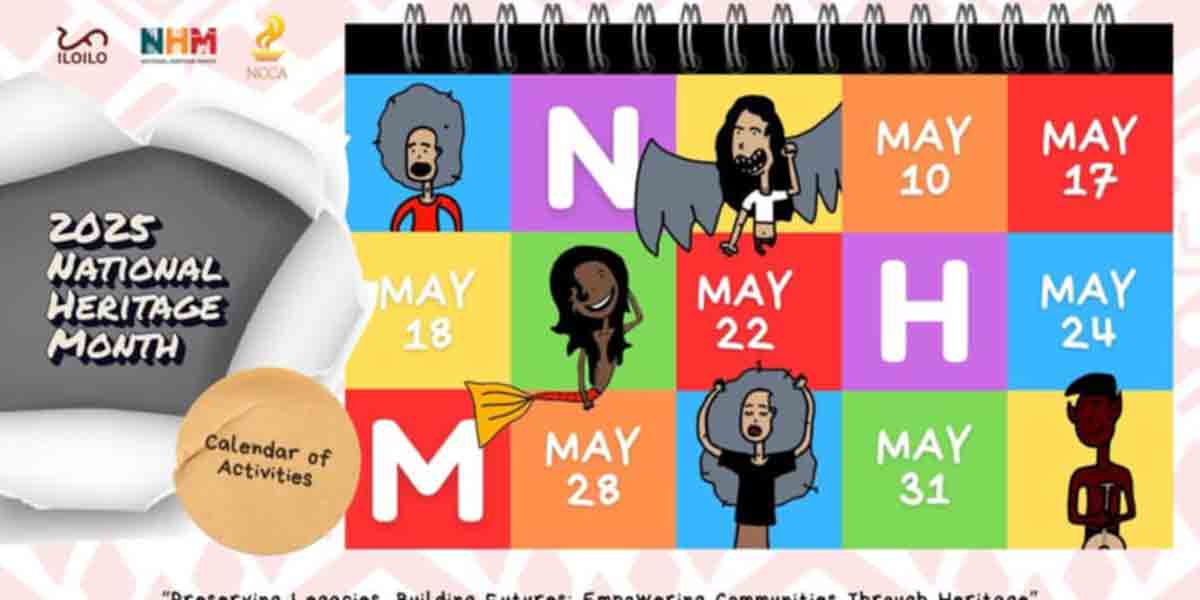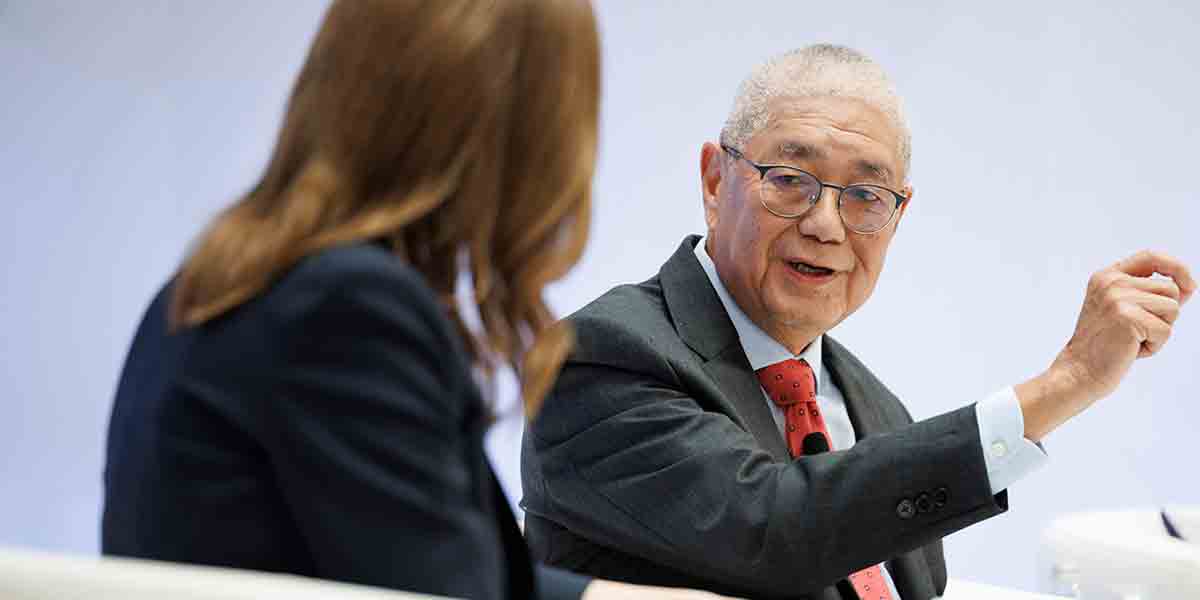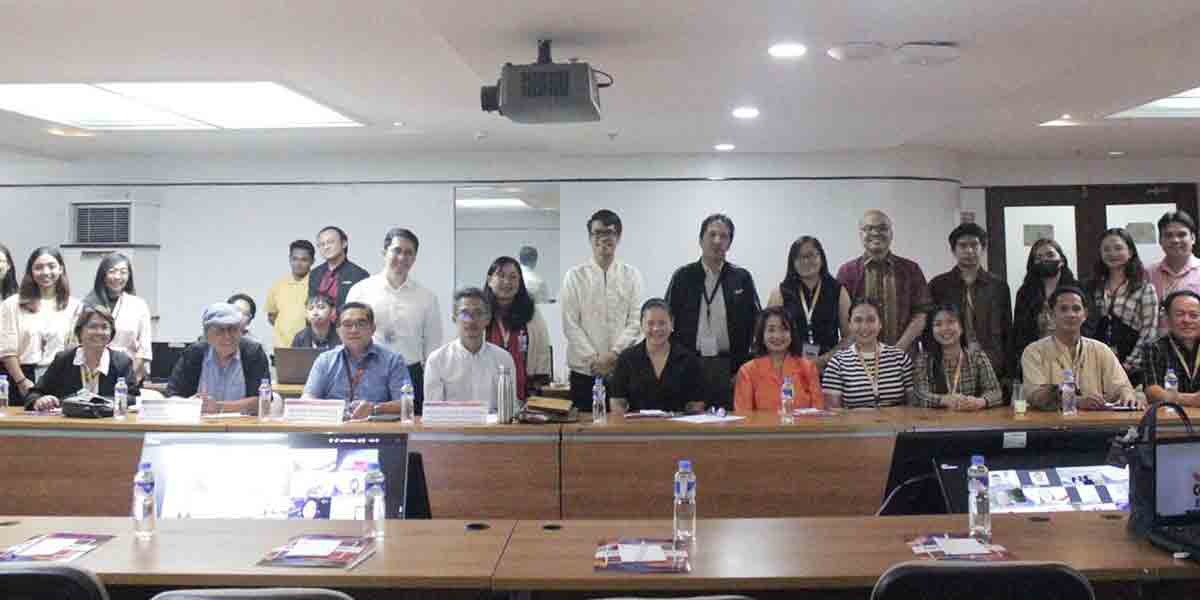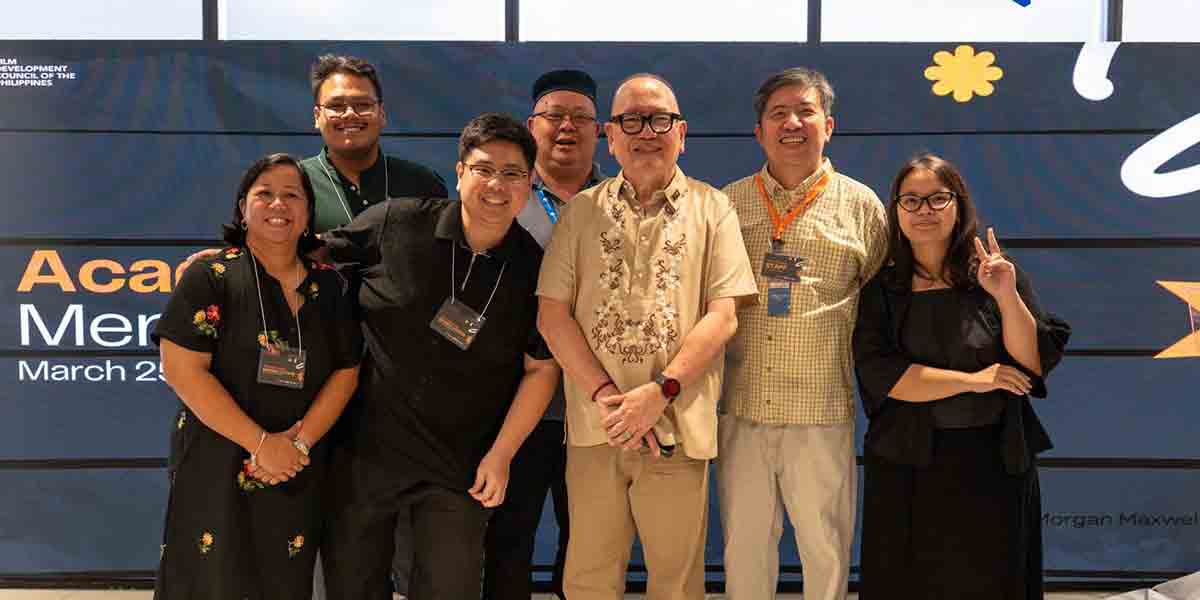By Herman M. Lagon
THE PUSH for Charter Change (Cha-Cha), through a people’s initiative, has become a focal point of heated debate. Lawmakers in the House of Representatives have prioritized Cha-Cha for 2024, contrasting the lukewarm reception by the Senate. Thus, the emergence of a people’s initiative, shrouded in accusations of bribery, surfaces as an alternative route. However, this initiative raises profound concerns about its necessity, benefits, and practicality, revealing it to be more a maneuver of the affluent and powerful than a genuine democratic effort.
Since the pivotal events of 1986, we have grappled with issues not rooted in its Constitution but in a system manipulated by the wealthy and foreign interests. The ongoing dominance of the oligarchy, corruption among the elite, political dynasties, and foreign interference remain unaddressed. Rather than tackling these systemic issues, the proposed modifications to the 1987 Constitution appear to cement the stronghold of a plutocratic class that has long impeded the nation’s progress. Advocates of Cha-Cha, having profited from neoliberal economic policies, aim to extend these, favoring big businesses and capitalist elites at the expense of the nation’s resources and people.
Reports from Visayas and various regions indicate a disturbing trend of manipulation and coercion in the petition-signing process. Voters are enticed with financial incentives from government programs like TUPAD or AICS, and local officials are pressured to meet signature “quotas” with promises of benefits. This exploitation of public trust and resources for a dubious constitutional change reflects a blatant disregard for genuine democratic processes.
It is crucial to recognize that the Philippine economy has already integrated into the global market without Cha-Cha through legislations like the Foreign Investment Act, Public Service Act, and Retail Trade Liberalization Act. These laws have eased restrictions on foreign ownership in various industries, questioning the need for constitutional amendments. Furthermore, as reported in areas like Albay, the allegations of paying individuals for signatures cast a shadow on the initiative’s integrity, reducing a sovereign act to a transactional exchange.
This scenario reveals a distressing pattern: pursuing constitutional amendments seems less about national interest and more about serving a political and personal agenda. The disproportionate focus on Cha-Cha, sidelining pressing issues like rising commodity prices, job security, and social services, speaks volumes about the priorities of those in power. The pursuit of Cha-Cha, instead of legislation for reforms in education, labor, agriculture, health, and other forms of social services, reflects a skewed focus, favoring political machinations over public welfare.
The push for Cha-Cha, thus, appears as an orchestrated attempt by those in power to further their interests under the guise of a people’s initiative. It is a strategy that undermines the spirit of democracy by leveraging financial influence, misinformation, and disinformation. This situation calls for vigilance and critical examination by everyone. The nation’s history and current challenges should be a reminder of the need for genuine democratic processes that reflect the will of the people, not the ambitions of a few.
The ongoing efforts for Charter Change, particularly through a people’s initiative, raise serious questions about their true motivations. The lack of necessity, questionable benefits, and impracticality of these efforts, coupled with the allegations of corruption and manipulation, suggest a need for a deeper, more critical examination of these initiatives. It is essential for us to remain vigilant and informed, ensuring that any changes to the nation’s Charter truly serve the public interest and not the agenda of a privileged few.
***
Doc H fondly describes himself as a ‘student of and for life’ who, like many others, aspires to a life-giving and why-driven world that is grounded in social justice and the pursuit of happiness. His views herewith do not necessarily reflect those of the institutions he is employed or connected with.





















